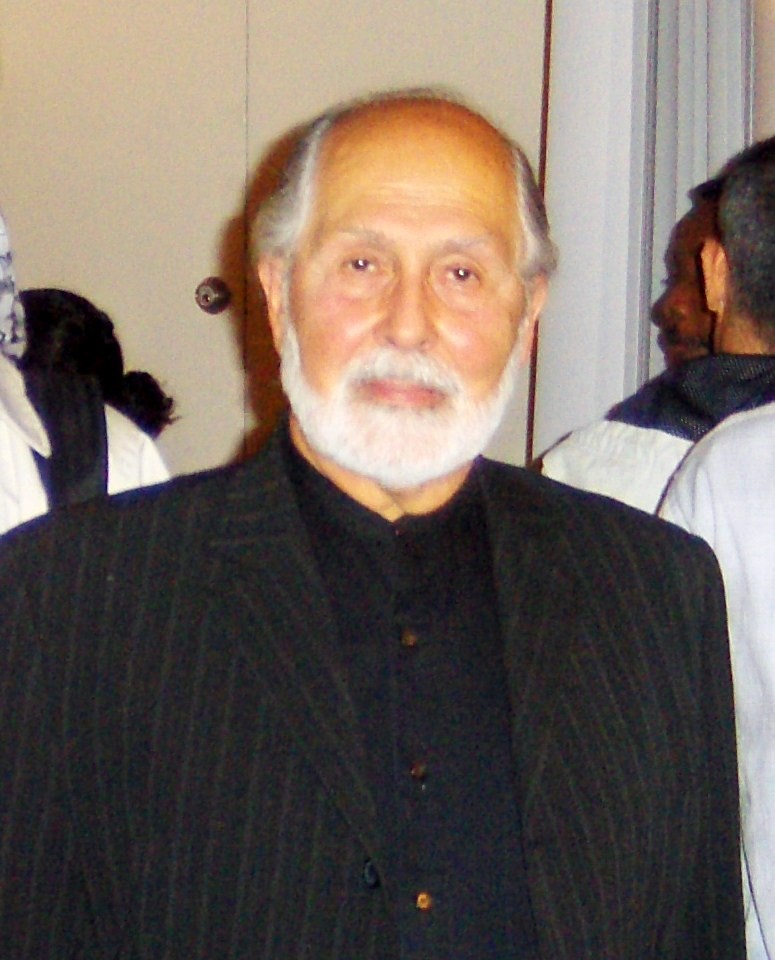by N. WAHID AZAL
 Seyyed Hossein Nasr PHOTO/Wikipedia
Seyyed Hossein Nasr PHOTO/Wikipedia
In 2014, a former, estranged disciple of Seyyed Hossein Nasr’s — an ex-Maryamiyyah member — told me that Seyyed Hossein Nasr and Russian fascist Alexander Dugin and his organization are on quite intimate terms, apparently sharing similar long-term political aspirations, and not just where their purported Traditionalism is concerned. At the time this revelation struck me as a bit odd since Nasr (and specifically his son Vali-Reza) are staunch Atlanticists — Vali-Reza Nasr being the veritable prized subaltern ornament of Neoconservatism in America — whereas Dugin and his Eurasianism ostensibly (at least where the rhetoric is concerned) stand at the very opposite pole. The complex details of this Nasr-Dugin nexus is a discussion better left for another day, only to say that — and as recently outlined in one academic monograph [1] — this unlikely fellowship may actually have something to do with Frithjof Schuon’s (d. 1998) underlying ideological “Aryanism” with its “de-semitization” of the theosophical Sufism of Ibn ‘Arabi: an ‘Aryanism’ and ‘de-semitization’ that Dugin’s brand of occult fascism would very much be in agreement with. But let us turn here to the checkered history of the Maryamiyyah Sufi Order itself, which Seyyed Hossein Nasr currently heads [2].
The Maryamiyyah Sufi Order
The Maryamiyyah is the Sufi order created by the Swiss writer and esotericist Frithjof Schuon (d. 1998) which stems from an Algerian sub-branch of the Shadhiliyah Sufi Order [3]. After briefly visiting North Africa in the early 1930s to meet the charismatic Shaykh Ahmad al-Alawi (d. 1934) [4], from the mid 1930s onward Schuon attracted disciples of his own in his native Switzerland while as of 1936 he also began claiming to be the successor to this same Shaykh Ahmad al-Alawi. The actual successors of Shaykh Ahmad al-Alawi, however, have adamantly denied Schuon’s claims and instead maintain that Schuon only spent a sum total of a few days with their master in the early 1930s; that he was barely even initiated into their order, only authorized to transmit the Muslim confession of belief (i.e., the shahada); let alone being the Shaykh Ahmad al-Alawi’s actual successor. This, and other related controversies, soon led to a bitter schism within the ranks of the Traditionalist school and specifically a personal falling out between Frithjof Schuon and the leading intellectual light of the movement, the Frenchman Rene Gue’non (d. 1951). One recent study published in Iran suggests that Gue’non’s premature death in Cairo in 1951 may have even been somehow orchestrated by the Maryamiyyah itself, thus making of Gue’non’s demise possibly a murder at their hands since, had he lived longer, Gue’non’s rivalry with Schuon would have certainly proven deleterious to Schuon and the Maryamiyyah’s long-term political interests [5].
Particularly after Rene Gue’non’s death, Frithjof Schuon’s Maryamiyyah Sufi Order (based at the time in Basel, Switzerland, and now operating almost like a quasi-Masonic order) began spreading among some elite Western intellectual circles, claiming in its ranks some notable figures among the academic Islamic Studies as well as the Comparative Religious Studies establishments of the time (eg. Huston Smith, Victor Danner, Cyril Glasse, to name a few). During the 1960s Schuon now claimed mystical visions of the “Divine Feminine” in the naked form of the Virgin Mary who anointed him the Avatar of the Age, the Imam Mahdi, the Return of Christ, the Fifth Buddha, the incarnations of Kalki and Vishnu, etc. Within its specific Islamicate context, Schuon’s claims, his ‘universalist’ teachings, and some of the details of his visions of the divine feminine are eerily similar to those claimed by the Baha’i founder Mirza Husayn ‘Ali Nuri Baha’u’llah (d. 1892), with other striking similarities existing between Bahaism and the Maryamiyyah that deserves a detailed comparative analysis in its own right. Today both also enjoy a very cozy relationship with the state of Israel — with the former also sharing a cozy relationship with the Gulf potentates as well as the Moroccan elite.
Op Ed News for more
